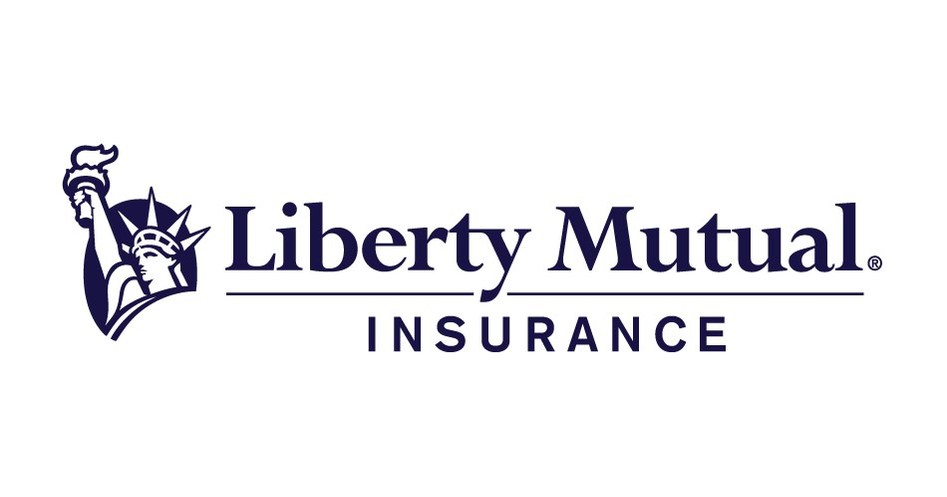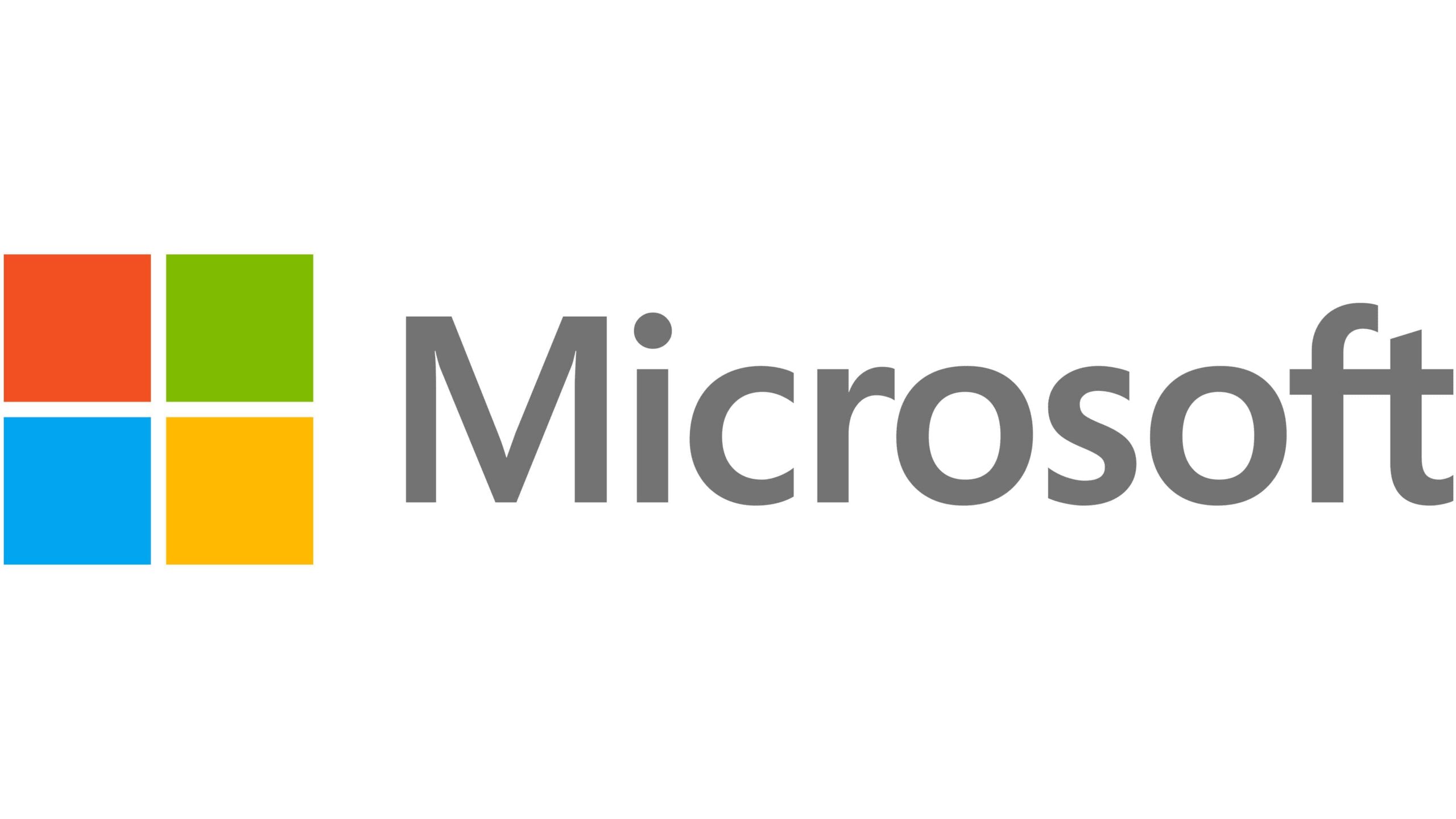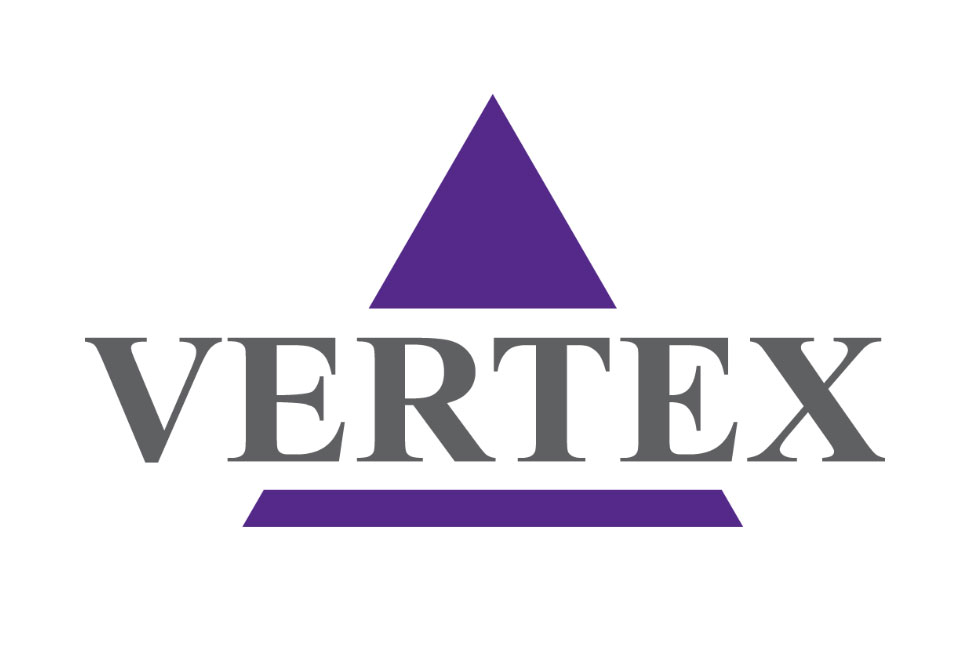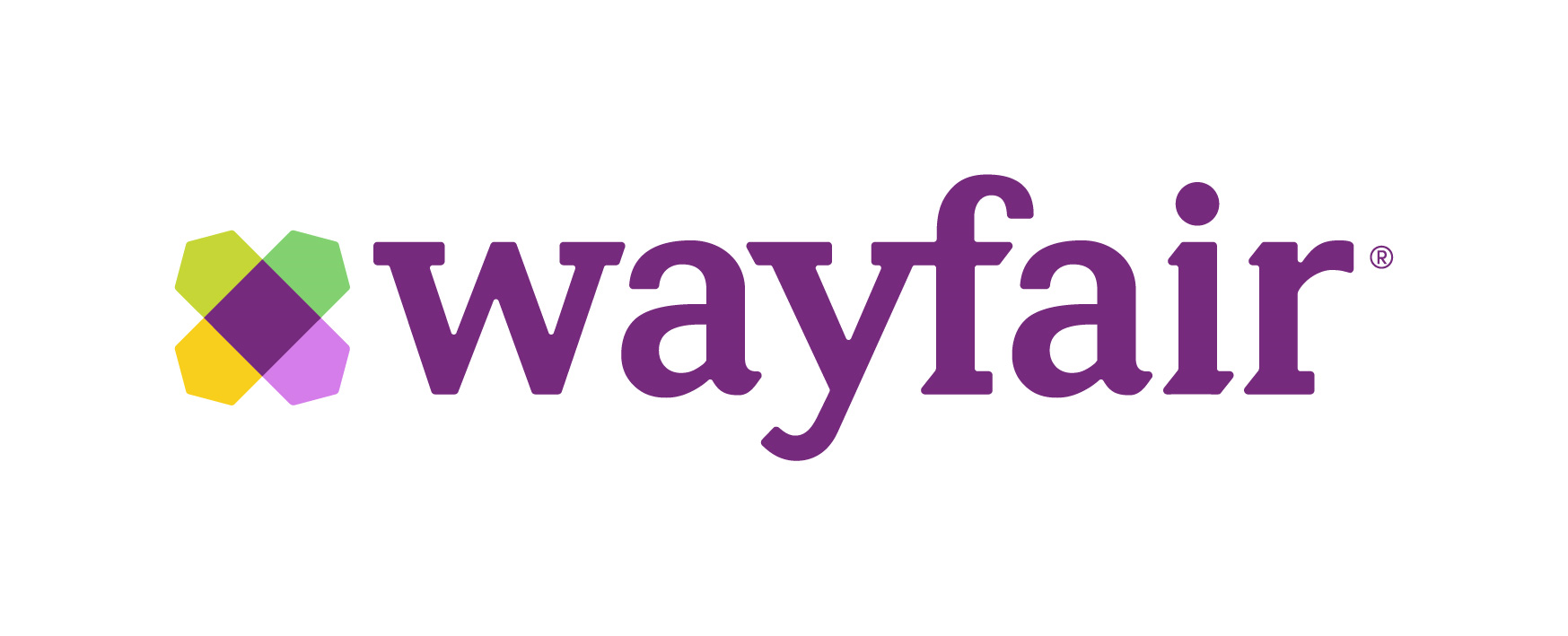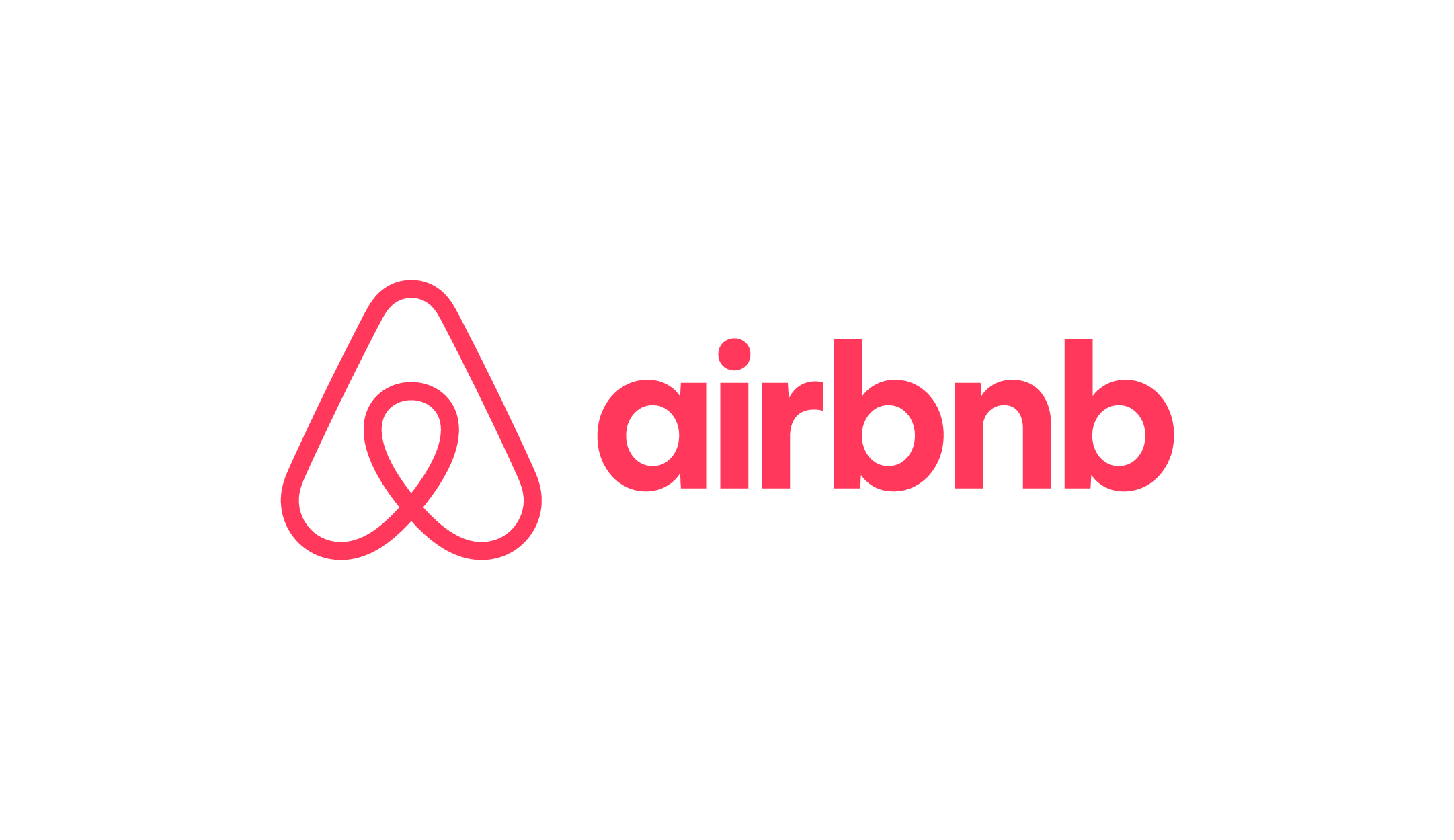As I advise executives, professionals and business students, it’s clear that each individual possesses a personal brand, even if (s)he has never given it a second thought. Being oblivious to our brand can be the single most overlooked area of our professional development. Our brand is our reputation. It precedes us and it follow us. It is alive – a real time “mirror” that reflects our values, feelings and actions. Like a mirror, it speaks the truth of who we are. We can try to “manage” our brand, but in reality, it’s a simple reflection of who we are. Anyone who interacts with us gets to know our brand and can intuit if our “externalized” brand is genuine or a fake.
When someone is considered for a new job or a promotion, their branding is a major factor in the decision-making process. How many times have I sat on the hiring/promoting side with other decision-makers where the final decision was made based on that person’s reputation, how (s)he acts, how (s)he relates with others, if (s)he fits into a given culture. These are all aspects of one’s brand. If you’re not clear of your brand, you may be in for a surprise in your future, whether at a performance review or for a new job.
Your brand is the amalgamation of 1) your interpersonal behaviors, which is based on your values, feelings and beliefs, 2) your technical and functional skills and 3) your packaging, which is your dress and grooming. It’s easy to change your packaging and more challenging to enhance your hard skills. But perhaps most challenging is to evolve your soft skills, how you interact with other people, for those actions reflect a much deeper aspect of our identity.
So what is a “Power Brand”? It is a person whose reputation endures, through times good and bad, who shows up consistently over long periods of time. It is a person whose consistent actions align with her/his core values. Power Brands keeps their promise and delivers what her/his audience expects, even at the most unexpected times. Authentic. Reliable. Enduring.
Weak brands try to be something (s)he isn’t. Perhaps (s)he believes window dressing – hair and dress or short-term abidance of the newest management techniques — is sufficient to change the brand. But these weaker brands change with the winds. At their core, they are unsure of who they are or are afraid to be who they are, and thus follow the actions of expediency.
What is your brand? Have you thought about it? It may be the single most important professional development area for your success. But be forewarned. To understand your brand and to develop a Power Brand requires courage. Courage to understand who you really are, how others perceive you and courage to decide how to move forward, aligned and authentic.

